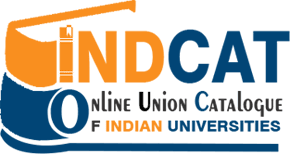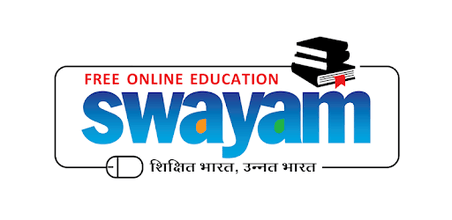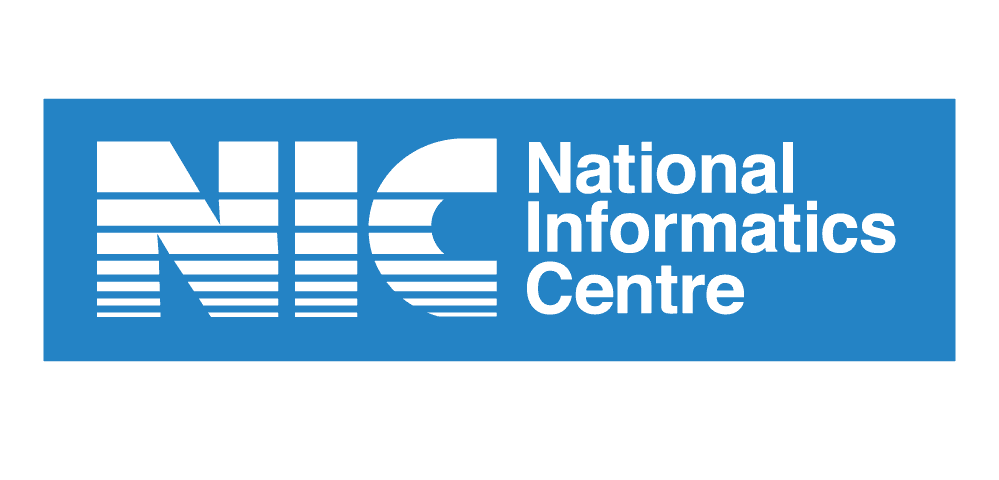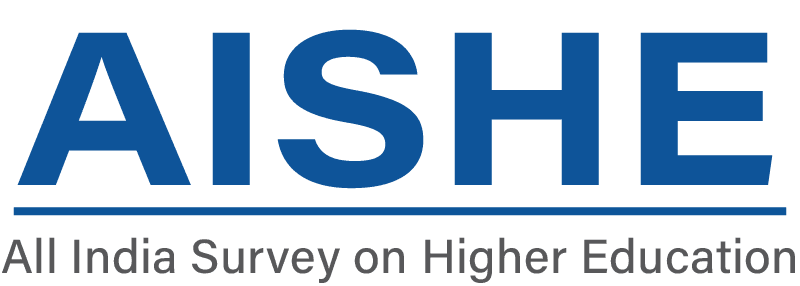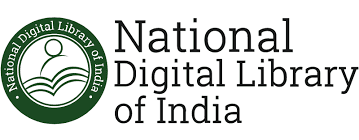Guidelines for Fair Use of E-Resources
- Electronic resources such as e-journals, online databases, e-books made available by the Central Library, Tezpur University are for academic use only. Please ensure that the resource is used for educational and research purposes and not for commercial purposes.
- If you are a faculty member, you can print out a copy of an article from an electronic journal and include it in your course pack. However, do not make multiple copies for circulation. Copyright laws protect published material in any format so that it cannot be copied except in accordance with fair use. Providing access to material for educational purposes falls within the realm of fair use.
- Electronic distribution of content is also restricted although the specific restrictions vary from publisher to publisher. It may be permissible to forward an article to another colleague in your own institution by email, however, transmitting an article to someone outside of the institution, or to a large group of recipients, a mailing list, or an electronic bulletin board, is not allowed.
- Providing electronic links on your course web pages to the Library's licensed resources is permitted but you cannot post the PDF of an article on your website. The publishers' main concern is that people outside of your campus network should not be able to access resources licensed by your institution. However, a researcher can post a pre-print of an article written by himself.
- Please be aware that systematic downloading will cause the publisher to block to the entire community of users @ Tezpur University from accessing these resources.
CONDITIONS OF USE AND LICENSING RESTRICTIONS FOR ELECTRONIC RESOURCES
The Consortium subscribes to thousands of electronic journals and bibliographic databases for use by authorized users in member institutions. The terms and conditions for using these resources are spelled out in electronic resource license agreements with each publisher. It is the responsibility of individual users to ensure that the use of electronic resources does not breach the terms and conditions specified in the license agreements. Licenses vary from publisher to publisher; however, the general principles are as follows:
| Permitted | Not Permitted |
|
|
Breaches of the license agreement with publishers could result in the suspension of access to the resources for the member institutions.



